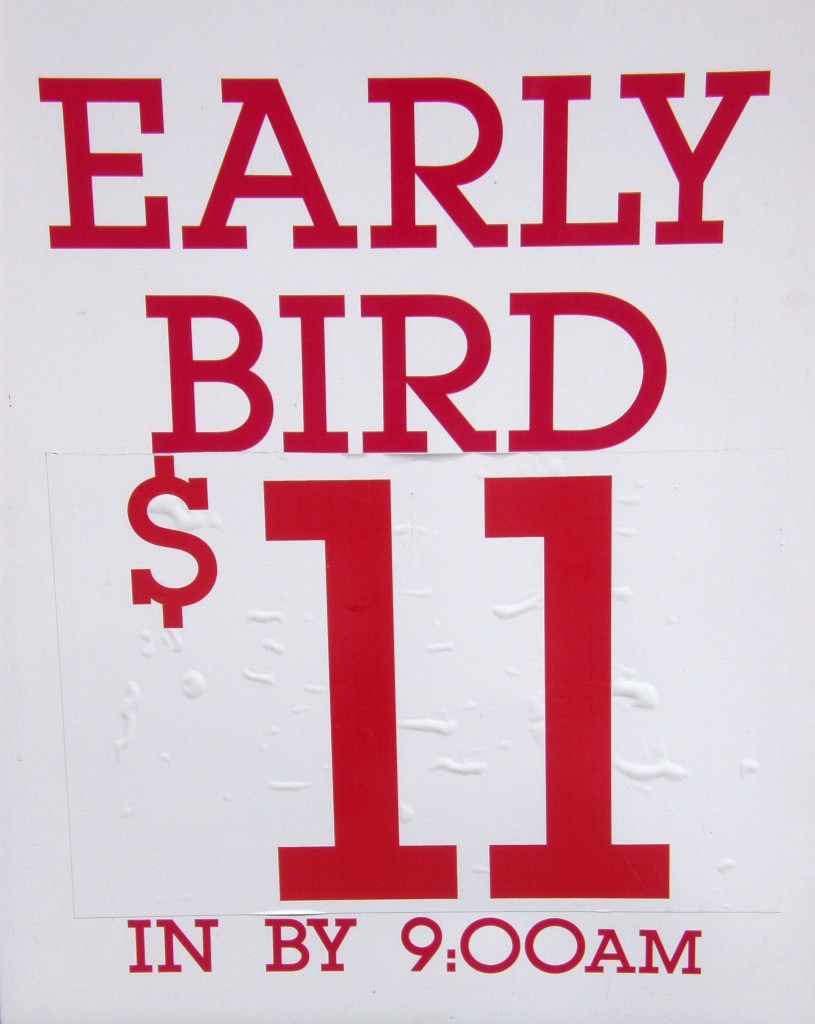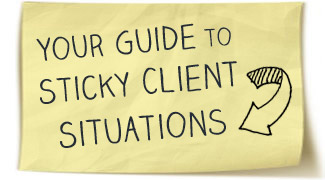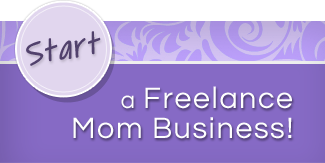Have you heard of psychological pricing? The topic is a bit controversial, but most experts agree that at some point we have all unconsciously been moved to purchase due to the effects of psychological pricing.
So what is psychological pricing all about, why is it important, and should you employ its tactics in your business? Let’s answer those questions.
What is Psychological Pricing?
Psychological pricing is pricing that is based on consumer emotion. Psychological pricing may target thrifty shoppers, or those who desire high-end or luxury items. The purpose of psychological pricing is to appeal to the needs of your target market; whatever that market’s price point may be. The basic premise of psychological pricing is this: certain prices have a psychological impact, which in turn motivates us to buy.
Is Psychological Pricing Important?
Yes, because psychological pricing influences the way consumers view your product or service.
Here’s an example: If you are a freelance graphic artist who charges $10 to create a business logo, consumers might be a bit weary: “what level of quality Am I going to receive for just $10?” A $75 fee however, will likely increase the consumers’ confidence in your ability to produce a high quality logo. In this case, a higher price offers a greater perceived value.
In essence, there is a psychological association between price and quality that’s implies higher price=higher quality; lower price=lower quality.
What are the benefits of psychological pricing?
Psychological pricing can help you increase revenue by transforming your product or service into a bargain (and thus increasing demand) or, elevating its price point (and thus increasing profit.) Simply put; psychological pricing creates a reputation for your product or service; it creates perceived value in the consumer’s mind.
Psychological Pricing Tips
- If you’re targeting bargain hunters, you must price your goods or services lower than your competition. If you’re trying to reach luxury consumers, it is essential that you price your goods or services at bit higher than the competition- doing so will indicate quality to your luxury consumer. For tips on how to determine the market position of your goods or services, check out our useful article on Pricing and the Importance of Positioning.
- The magic of the number nine; there is oodles of research on this number and its impact on sales. In 1997 a study was published in the Marketing Bulletin, which claimed approximately 60% of prices in advertising material ended in the digit 9, and another 30% ended in the digit 5. We see the use of nine and five everywhere. Some experts believe that consumers view prices that end in odd numbers as much less expensive than the nearest round number. For example, $19.99 and $19.95 are viewed as much cheaper than $20.00. Some studies have even shown that higher prices ending in nine are often perceived as less expensive than lower prices ending in an even number. For instance, $29 perceived as less than $26.
- The number nine gets lots of news; but zero is also a big player in the price world. Prices ending in zero have a different psychological pricing tactic: instead of signaling a bargain, zero signals quality or luxury. In some high-end retail establishments and restaurants, you’ll notice the use of whole numbers being used to sell quality. Would you rather buy a $30. steak, or one priced at $29.99? In essence, quality is measured by the price.
To learn more about both the number nine and the number zero, we encourage you to take a look at “The Effect of Pricing-Ending on Luxury and Necessity”, by Chen Chen Zang. Then, learn about prestige pricing, and how it can be used to sell uniqueness, luxury or exclusivity. William Poundstone, author of “Priceless: The Myth of Fair Value (and How to Take Advantage of It)” says this about round numbers: “A lot of stores, like Nordstrom’s, make it a big point that they do not use nines on their prices. Everything is a round number, and that’s really saying, “We’re not Wal-Mart. We’re not a discount place. We offer something that’s of superior quality and that’s what we’re saying by having our prices in even dollars.”
- Mid-price often wins. Most of us won’t buy the most expensive product, or the cheapest. We usually purchase the one priced in the middle. Consider that you’re going to buy a new digital camera. How likely is it that you buy the cheapest one you find? How about the most expensive? You’ll probably tell yourself that the cheapest one isn’t of great quality, and the most expensive is unnecessary. Chances are you’ll walk out with a mid-priced camera in hand.
- Contrast of price. Have you ever gone into a store and bought something on the 75% off rack because you felt like you were getting a great deal? That’s because of the contrast of price. Discounted prices may still be high, but because of the contrast in price (original price versus sale price) we are willing to pay for it because we think we are getting a deep discount. Retailers and restaurants use this all the time. A restaurant may put a $100 entrée on the menu. They don’t expect you to buy it; they use it as a means to make the other menu prices more appealing. Now that $30 fish entrée seems “reasonable” even if it is priced higher than you usually find acceptable.
If you’re considering using psychological pricing in your business, answer these questions…
Who are you trying to target? Luxury shoppers, bargain hunters, or someone in-between?
What price point might that target respond favorably to?
Explore these books to learn more about psychological pricing:
“Priceless: The Myth of Fair Value (and How to Take Advantage of It)” by William Poundstone
There’s a lot of irrationality in consumers’ decision, says behavioral economist Dan Ariely, author of “Predictably Irrational: The Hidden Forces That Shape Our Decisions.”
Here’s a fantastic blog on pricing for profit. It includes lots of interesting and helpful reader comments too.






